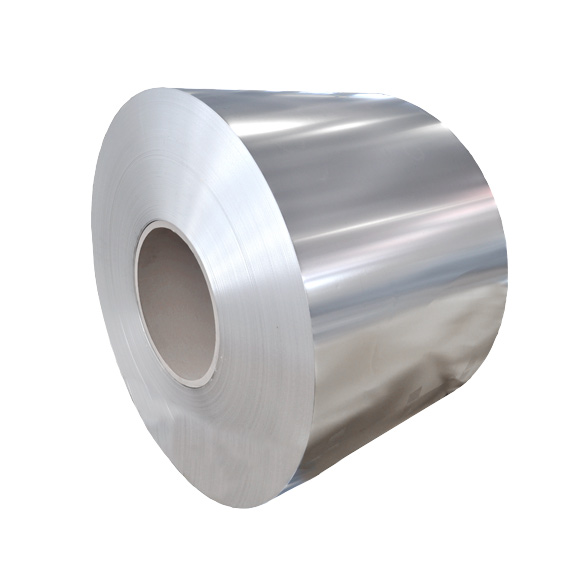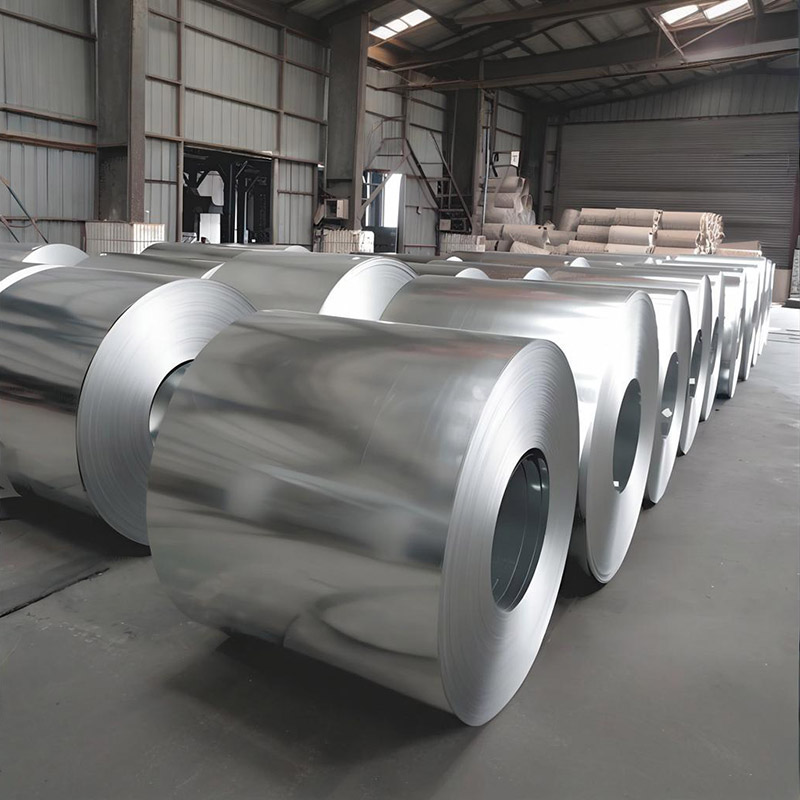What exactly is Tin Free Steel (TFS), and why has it become a preferred material in numerous industries? TFS is a thin steel sheet coated with electrolytic chromium and chromium oxide rather than tin. This unique manufacturing process creates a material that combines the best properties of steel with enhanced surface characteristics, making it highly versatile for various applications.
How is TFS manufactured, and what gives it its distinctive properties? The production involves applying a thin layer of metallic chromium followed by a chromium oxide layer through electrolytic deposition. This dual coating provides excellent corrosion resistance, superior paintability, and exceptional formability. Unlike traditional tinplate, TFS offers a more stable surface that adheres better to lacquers and inks, which is crucial for packaging applications.
What industries benefit most from using TFS? The food and beverage sector remains the largest consumer, with TFS being the material of choice for can ends, food containers, and beverage cans. Its non-toxic nature and ability to maintain product integrity make it ideal for direct food contact. Beyond packaging, TFS finds applications in automotive components, industrial equipment, and home appliances where corrosion resistance and aesthetic appeal are paramount.
What advantages does TFS offer over traditional materials? Cost-effectiveness stands out as a primary benefit, as TFS production is generally more economical than tinplate manufacturing. Additionally, TFS provides better corrosion resistance in certain environments, superior paint adhesion, and enhanced formability for complex shapes. The material’s lighter weight also contributes to transportation savings without compromising performance.
How does TFS contribute to sustainability efforts? TFS production generates less waste compared to traditional tinplate manufacturing, and its chromium-based coating contains no heavy metals, making it more environmentally friendly. The material’s recyclability further enhances its eco-profile, aligning with global sustainability goals.
In conclusion, Tin Free Steel represents a remarkable advancement in materials science, offering a compelling combination of performance, cost-effectiveness, and environmental benefits. As industries continue to seek innovative solutions that balance functionality with sustainability, TFS is positioned to remain a vital material in manufacturing and packaging applications worldwide.



